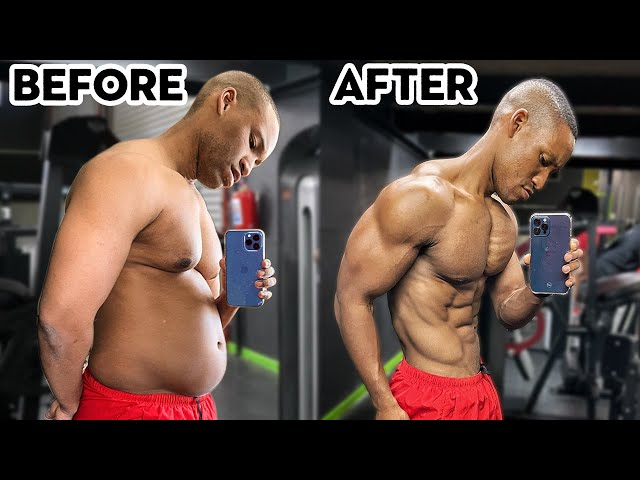
Fasting has garnered significant attention in recent years, especially when it comes to weight loss. Many individuals find themselves questioning, Does fasting help with weight loss? As the numbers of those looking to shed unwanted pounds continue to rise, understanding the role of fasting in this journey has become crucial.
Dr. Frank Hu, a prominent professor at Harvard T.H. Chan School of Public Health, states, "Recent research has found that intermittent fasting has a similar or even modest benefit over traditional calorie-restriction dieting for weight loss." This echoes a growing perspective in the nutrition community that fasting might not just be a fleeting trend but a legitimate approach for some.
At its core, intermittent fasting encompasses various strategies, with some of the most common ones including the 16:8 method, where individuals fast for 16 hours and eat during an 8-hour window, or alternate-day fasting. A 2023 meta-analysis suggested that these practices could yield weight loss reductions ranging from 1% to a striking 13% over a period of 2 to 52 weeks.
But why does fasting seem to work for weight loss? According to health experts, the physiological changes that the body undergoes during fasting play a vital role. During fasting, insulin levels drop, promoting fat burning, while growth hormone levels increase, helping to preserve muscle mass—key factors in effective weight loss.
For those wondering about the results of fasting on body composition, many studies provide illuminating insights. For instance, a group of participants engaging in alternate-day fasting reportedly lost weight despite having access to food on non-fasting days. The intriguing phenomenon of "metabolic switching" occurs when the body shifts to burning fat for fuel.
Another question often arises: Is fasting effective for everyone? The answer is nuanced. Not all individuals respond the same way, and fasting may not be suitable for everyone. Ella Johnson, a nutritionist, emphasizes the need for personalized approaches: "Fasting works well for some, but can trigger episodes of binge-eating for others. It’s about finding what aligns with your lifestyle and body’s needs." Multiple studies have shown both the pros and cons, highlighting that while fasting can help one person lose weight, it might not be effective for another.
It’s also crucial to examine how long someone should fast to optimize weight loss. Medical experts suggest adhering to a fasting window of at least 12 hours daily, while insights indicate that a period extending to 16 hours may be beneficial. Dr. Rebecca Lee, a health advocate, mentions, "It often takes about 12 to 14 hours for the body to start using up fat stores effectively, thanks to the release of ketones into the bloodstream. This enriches the fat-burning process significantly."
Remarkably, fasting doesn't just affect weight. Studies have indicated potential benefits in overall health including reduced inflammation and improved metabolic health markers. Researchers continue to explore how weight loss and health improvements can synergize through fasting techniques.
For those specifically targeting belly fat, experts frequently recommend the 16:8 method. This approach allows individuals enough latitude to consume food while significantly extending their fasting period, helping them burn stored fat effectively.
Nonetheless, cravings can be rampant during fasting. A report from the Mayo Clinic elaborated that some might feel hungrier and overeat during their eating windows, which might counter the weight loss effects. Managing hunger during fasting involves strategic planning, including browser-sensitive food choices during eating hours, which can help individuals stay on track.
In summary, while fasting can indeed aid in weight loss, it operates differently for everyone. The evidence points to its potential as an effective strategy, provided it aligns with personal health and lifestyle goals. Understanding individual needs remains paramount in determining whether fasting could be an ally in the quest for weight management.
So, the next time you ponder if fasting is the right approach for you, consider your body's specific responses, and perhaps consult with a nutritional expert to tailor a method that fits your unique journey best.







